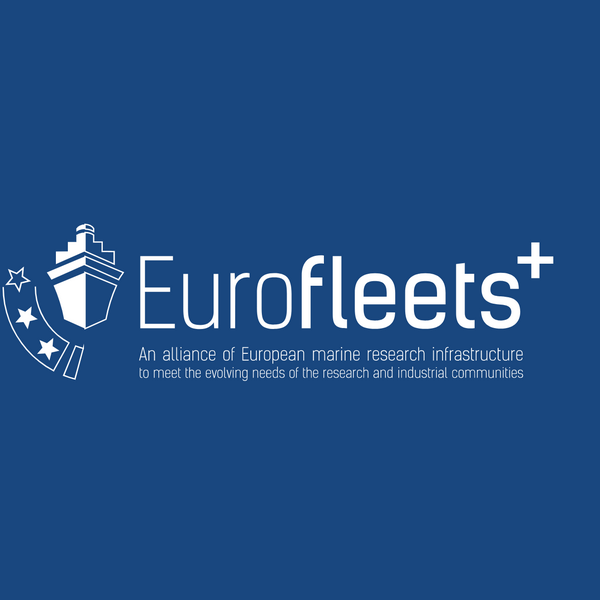Programme: H2020 – Infrastructures initiative
Project title: An alliance of European marine research infrastructure to meet the evolving needs of the research and industrial communities
Acronym: EUROFLEETS+
Duration: 01/02/2019 – 31/01/2023
Total Budget: € 9.999.360
ISMAR budget: € 37.317
Web site: https://www.eurofleets.eu/
Summary:
The EUROFLEETS+ project will facilitate open free of charge access to an integrated and advanced research vessel fleet, designed to meet the evolving and challenging needs of the user community. European and international researchers from academia and industry will be able to apply for several access programmes, through a single-entry system. EUROFLEETS+ will prioritise support for research on sustainable, clean and healthy oceans, linking with existing ocean observation infrastructures, and it will support innovation through working closely with industry. The project will enable access to a unique fleet of 27 state-of-the-art research vessels from European and international partners. Through competitive Calls, researchers will be able to access the entire North Atlantic, Mediterranean, Black Sea, North Sea, Baltic Sea, Pacific Southern Ocean and Ross Sea. In addition to ship time, researchers will also have access to new AUVs and ROVs. A unique portable telepresence system will enable remote access by researchers and diverse end users including the public; a first for Europe.
Contact person in ISMAR: anna.vetrano@sp.ismar.cnr.it
Partnership:
- Marine Institute (Ireland)
- Faroe Marine Research Institute (Faroe Islands)
- Finnish Environment Institute – Marine Research Center (Finland)
- Flanders Marine Institute (Belgium)
- Mariene Informatie Service ‘MARIS’ BV(Netherlands)
- European Centre for Information on Marine Science and Technology (Portugal)
- University of Gothenburg (Sweden)
- Hellenic Centre for Marine Research (Greece)
- Royal Belgian Institute of Natural Sciences (Belgium)
- Institute of Oceanology, Polish Academy of Sciences (Poland)
- National Research Council (Italy)
- Portuguese Institute for the Ocean and Atmosphere (Portugal)
- Alfred Wegener Institute, Helmholtz Centre for Polar and Marine Research (Germany)
- National Institute of Oceanography and Applied Geophysics (Italy)
- Tubitak Marmara Research Center (Turkey)
- University Bremen (Germany)
- Institutul National de Cercetare-Dezvoltare Pentru Geologie si Geoecologie Marina- GeoEcoMar (Romania)
- Spanish Institute of Oceanography (Spain)
- University of Girona (Spain)
- Greenland Institute of Natural Resources (Greenland)
- Marine and Freshwater Research Institute (Iceland)
- Technical University of Denmark (Denmark)
- Institut Français de Recherche pour l’Exploitation de la MER (France)
- European Multidisciplinary Seafloor and Water Column Observatory – European Research Infrastructure Consortium (Italy)
- Institute of Marine Research (Norway)
- Agencia Estatal Consejo Superior de Investigaciones Cientificas – Unidad De Tecnologia Marina (Spain)
- Tallinna Tehnikaülikool (Estonia)
- Royal Netherlands Institute for Sea Research (Netherlands)
- Centre for Maritime Research and Experimentation (Belgium)
- Coronis Computing S.L. (Spain)
- Blue Lobster IT Limited (United Kingdom)
- GEOMAR Helmholtz Centre of Ocean Research (Germany)
- NIWA Vessels Ltd (New Zealand)
- Balearic Islands Observing and Forecasting System (Spain)
- VoyagerIP International Services Limited (Ireland)
- Seaonics AS (Norway)
- Hampidjan Hf (Iceland)
- IQUA Robotics SL (Spain)
- MacArtney A/S (Denmark)
- The Global Foundation for Ocean Exploration, Inc. (USA)
- Université du Québec à Rimouski-Institut des Sciences de la mer de Rimouski (Canada)
- Bermuda Institute of Ocean Sciences (BIO)
